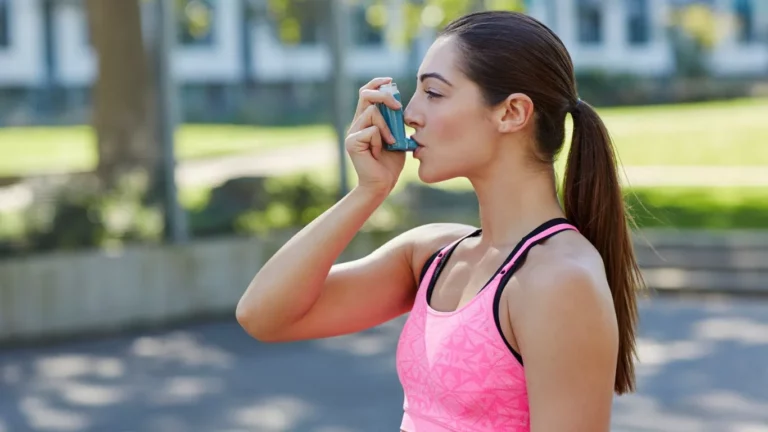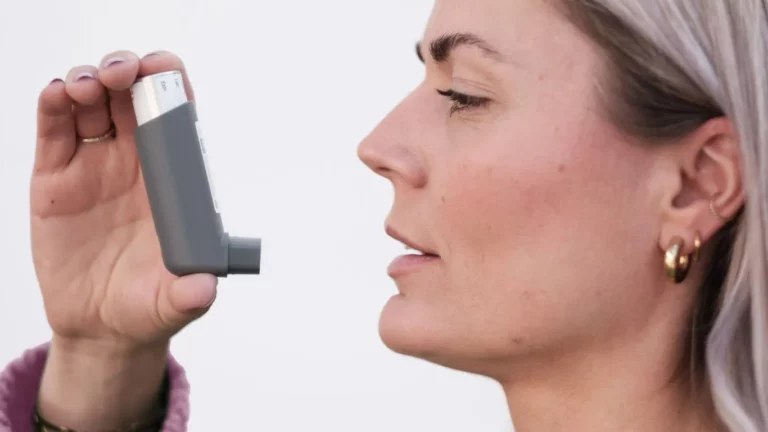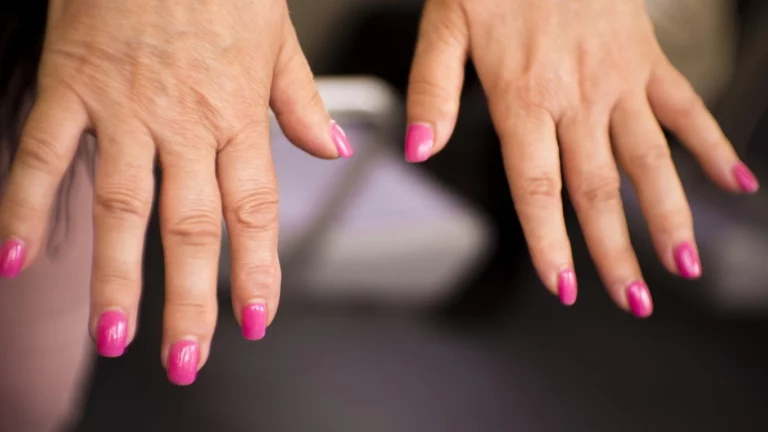🧘♀️ Why Mindfulness is a Game-Changer for Rheumatoid Arthritis Patients 🌱
Okay, let’s be real: living with rheumatoid arthritis (RA) is no joke. You’ve got the aches, the stiffness, and let’s not even talk about those flare-ups that seem to pop up out of nowhere. It’s a lot. But what if I told you there’s a tool—one that doesn’t involve prescriptions or fancy equipment—that could help you manage the chaos a little better? That’s where mindfulness comes in.
Don’t worry, I’m not going to tell you to sit cross-legged on a mountain chanting “om” (unless you’re into that). Mindfulness is way more approachable than people make it seem. Let’s break it down.
What’s Mindfulness, Anyway? 🧠

Mindfulness is all about paying attention to what’s happening right now. It’s not about clearing your mind or turning into a zen monk—it’s about noticing the good, the bad, and everything in between without getting stuck in it.
Picture this: you’re feeling a flare-up starting. Instead of spiraling into “Oh no, this is going to ruin my whole week,” mindfulness helps you go, “Okay, this hurts, but I can handle this moment.” It sounds small, but that mental shift? Total game-changer.
How Can Mindfulness Help With RA? 🤔
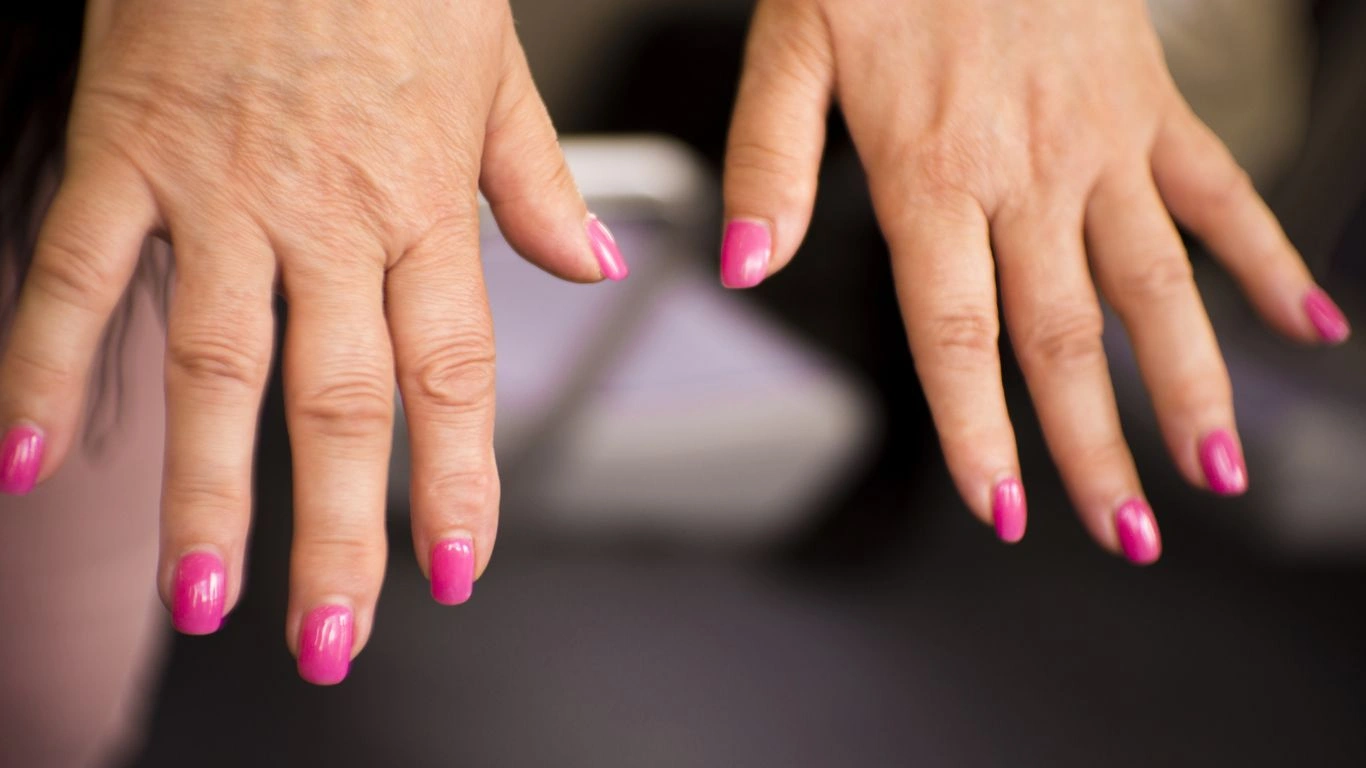
Let’s get into the good stuff—how this actually helps people with RA.
1. Pain Management
Here’s the thing: pain is a given with RA. But what mindfulness does is change how you react to that pain. Instead of feeling like it’s consuming you, mindfulness helps you observe it from a little distance. You’re like, “Yeah, I see you, pain. But you don’t get to ruin my whole vibe today.”
2. Less Stress = Fewer Flare-Ups
Stress and RA go together like peanut butter and jelly… except way less fun. Mindfulness teaches your brain to chill out a bit, which can lower stress hormones (like cortisol) that love to stir up your RA symptoms.
3. Better Sleep (Yes, Please) 🛌
If you’ve ever spent the night tossing and turning because your joints won’t let you sleep, mindfulness can help. There are meditations designed specifically to help you unwind and actually get some rest. I’ve tried a few of these, and while they don’t fix everything, they definitely help me feel more at ease.
4. Feeling Less… Stuck
RA can make you feel trapped—in your body, in your routine, in your emotions. Mindfulness gives you a way to break out of that. It’s like a reset button for your brain.
How Do You Start Without Feeling Overwhelmed? 🛠️
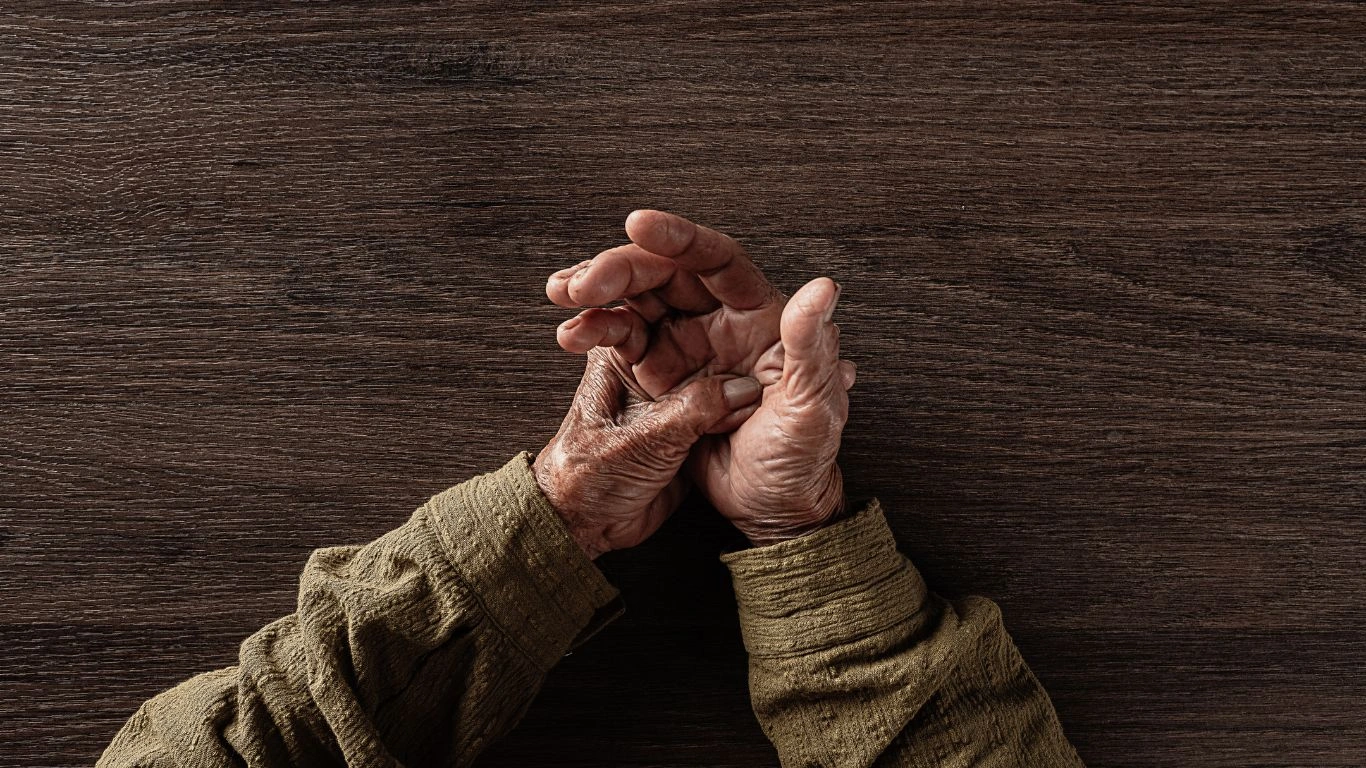
Alright, let’s keep this simple. Starting mindfulness doesn’t mean you have to carve out an hour of your day. Here are a few super low-pressure ways to dip your toes in:
- Try a Breathing Exercise: Whenever you feel stressed or in pain, just pause. Take a deep breath in for four counts, hold it for four, and exhale for four. Easy, right?
- Use an App: Apps like Calm or Headspace have guided meditations for beginners. You don’t have to know anything—just hit play.
- Go for a Mindful Walk: Take a slow stroll and really pay attention to your surroundings—the sound of the wind, the feel of your feet on the ground.
And remember, you don’t have to be perfect. If your mind wanders, that’s totally normal. Just gently bring it back.
But What If It Feels… Hard? 🚧
Yeah, I get it. Sitting still and “being present” can feel impossible, especially if you’re in pain or stressed out. Here’s how to troubleshoot some common roadblocks:
- “I can’t sit still because it hurts!”
Try lying down or doing a body scan meditation where you focus on different parts of your body. - “My mind just won’t stop racing.”
That’s okay! The point of mindfulness isn’t to have a blank mind—it’s to notice when your mind races and gently guide it back. - “I don’t have time for this.”
Start with two minutes. Seriously, you can even do it while brushing your teeth.
Real Stories from Real People 🎉

Sarah: Learning to Handle Flare-Ups
Sarah, one of my friends from a local RA support group, was super skeptical about mindfulness at first. But after her doctor recommended it, she started with a simple 10-minute breathing exercise every morning. A few months in, she told me she’s not only feeling calmer but also handling her flare-ups with way more grace.
John: Finally Getting Some Sleep
Then there’s John, who struggled with insomnia for years. He started using a mindfulness app before bed, and now he swears by it. He told me it doesn’t solve everything, but it helps him drift off instead of lying there replaying his worries.
Key Takeaways 📋
- Mindfulness isn’t magic, but it’s a powerful tool for managing RA.
- Start small, and don’t worry about being perfect.
- It’s not just about the pain—it helps with stress, sleep, and even how you feel about yourself.
Got Questions? I’ve Got You.
Q: Can mindfulness cure RA?
Nope, it’s not a cure. But it is a way to feel better day-to-day.
Q: What if I hate meditating?
Totally fair! Mindfulness isn’t just meditating. You can practice it while walking, eating, or even washing dishes.
Q: Do I need special training?
Not at all. There are tons of free resources online to get you started.
Quick Disclaimer ⚠️
I’m not a doctor (obviously), so don’t take this as medical advice. Always check in with your healthcare provider before trying anything new.
Ready to Give It a Shot? 🌟
You don’t need to make this a huge thing. Just pick one tiny practice to try today—like taking a mindful breath when you wake up. And hey, if it works for you, let me know!
Got any questions or tips of your own? Drop them in the comments—I’d love to hear your take!

Tarra Nugroho is a dedicated Nurse Practitioner with a strong foundation in family and preventive care. She brings both compassion and clinical expertise to her practice, focusing on patient-centered care and health education. As a contributor to Healthusias.com, Tarra translates medical knowledge into clear, empowering articles on topics like women’s health, chronic disease management, and lifestyle medicine. Her mission is simple: help people feel seen, heard, and informed—both in the clinic and through the content she creates. When she’s not caring for patients, Tarra enjoys weekend hikes, plant-based cooking, and curling up with a good health podcast.



